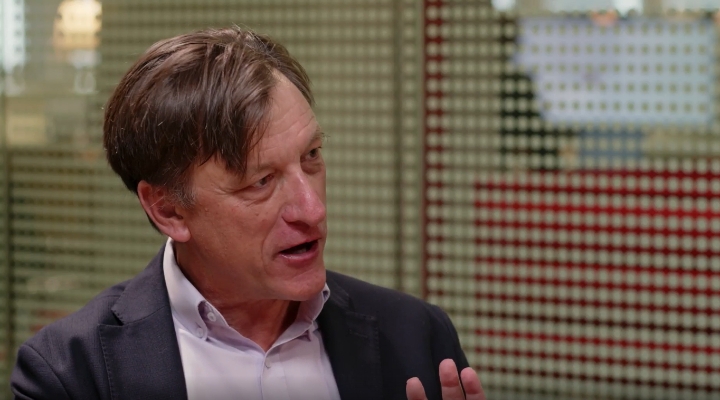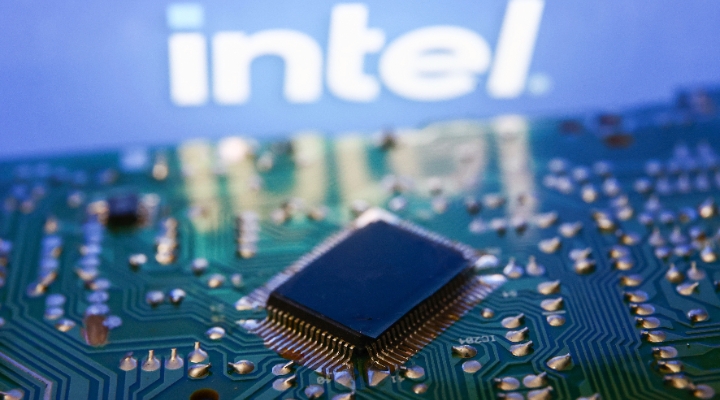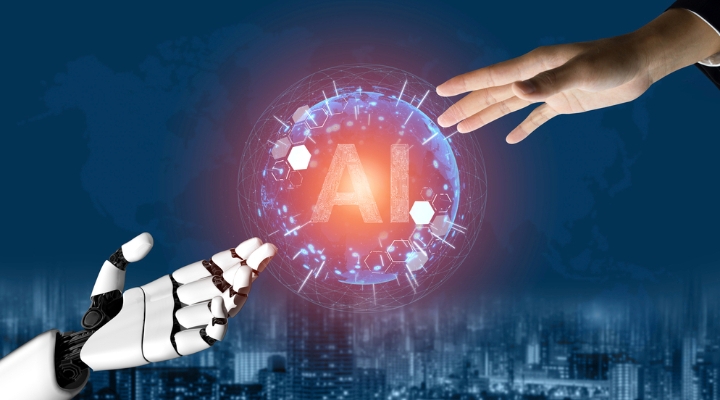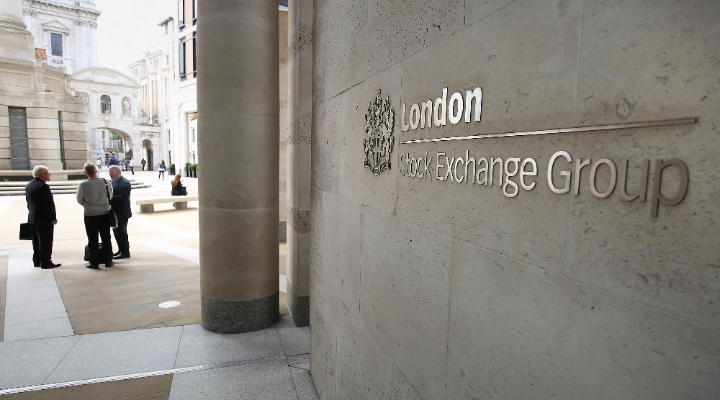
Broadly speaking, there have been five great technological revolutions to date.
The industrial revolution kicked off in the UK in 1770; steam and railways were the result of UK and US innovation from 1830 onwards, while steel, electricity, and heavy engineering were the work of the US and the Germans from 1875. Then there was oil, and, with it cars and mass production in the US and Europe from 1910. Information technology then began in the US, Europe, and Japan, in around 1970.
Each of these ground-breaking waves of innovation significantly impacted economies, societies and culture – and generative artificial intelligence (AI) promises to be the next. But how exactly it will impact our economies is dependent on a number of intersecting factors, from policy and regulation to competition and the pace of innovation itself.
For a start, there is the big question of how much infrastructure will be required to facilitate AI's implementation compared to previous innovations. The physical footprint of AI may appear small in comparison to industrialised cities, rail networks and steel plants. However, the production and advancement of semiconductor technology, data centres and (clean) energy production required to drive AI comes with a large cost.
Furthermore, the spread of generative AI could be aided by mass recursive learning and even AI itself providing insights for a more efficient roll-out. Again, however, this will at least in part depend on the regulatory, governmental and societal reactions to its introduction.
AI is the Next History Lesson
History teaches us technological advances have boosted productivity, reducing the need for labour in certain sectors, but simultaneously creating jobs, and often in new areas. The movement from agriculture to manufacturing is a textbook example.
However, historic shifts have repeatedly moved large sections of the population from abject land poverty to more industrialised penury. That in turn has led to material changes in the structure of society. More recently, technological gains have led to deindustrialisation, leaving heavily-concentrated impacts in some areas.
Insofar as we consider AI to be a material positive supply-side boost, economic theory suggests it should create disinflationary pressure. The actual impact, however, is likely to reflect institutional frameworks. Productivity gains mean producers can produce more for less. But whether these gains are passed on to consumers through lower prices, or retained as profits, will depend on the scale of competition producers face.
The degree of the eventual industry concentration may also be a function of the technology itself. If AI develops quickly, it may be easier for its developers to quickly expand, ensuring a dominant position to exclude later competition – a more monopolistic outcome. However, if it develops slowly, it is likely progress would not be limited to one initial developer, creating a more competitive (and likely-disinflationary) landscape.
Can Governments Control AI?
Plausible widespread disruption to labour markets could have a major impact on governments. In previous technology waves, governments have played an active role in boosting the education of the workforce. They may have a further role to play this time by providing re-training opportunities for workers displaced by AI.
And given AI's far-reaching potential, governments are already focusing on regulation. This will become more urgent if AI develops quickly or in a network that allows for monopolies or greater concentrations of market power. The question would then be how effectively it addresses such complications and how much it might delay or divert progress.
The ultimate impact on growth is perhaps most difficult to fathom, however. A material positive supply shock should lift the trend rate of growth for the global economy and, all else being equal, quicken expansion across many sectors. The most immediate beneficiaries are likely to be economies most involved in the development of AI, including the US, Japan and South Korea – leaders in the semiconductor industry – but also those able to gain the most from implementing AI. That includes Europe and the UK.
AI: it Could go Either Way
Generative AI promises a new technological revolution, and one which could be as far-reaching as previous technology breakthroughs. That is a truly exciting prospect and suggests material change to both society and economies. But history suggests these changes roll out over relatively prolonged periods – typically over a half a century.
Previous waves also indicate these transitions deliver significant productivity and growth gains, but also material disruption. The way AI hits over the coming decades will be a product of the institutional choices we make as societies and how we co-ordinate globally.
This may materially boost productivity, raise living standards, reduce inequality, and put rocket boosters on the fight against climate change. But such outcomes are not guaranteed. There are several challenges to overcome first to avoid alternate and less-universally-beneficial outcomes occurring.
David Page is head of macro research, core investments, at AXA Investment Managers




























